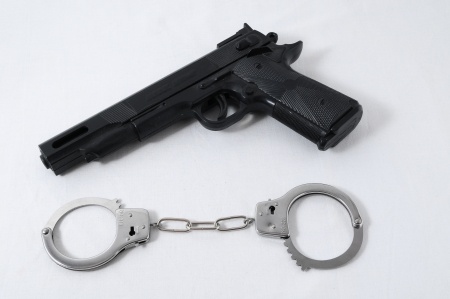
The Appellate Division continued in relevant part: We reject the literal interpretation of N.J.S.A. 2C:25-29(b) urged by the State because it cannot be logically reconciled with the PDVA’s legislative scheme. The two-year bar is incorporated in a broader statutory provision explaining that “in proceedings in which complaints for restraining orders have been filed, the court shall grant any relief necessary to prevent further abuse.” N.J.S.A. 2C:25-29(b). Under the statute, the two-year bar is required “in addition to any other provisions,” as an important form of relief, or remedy, to prevent further domestic violence.
Here, the record lacks any evidence there was domestic violence under the PDVA requiring a remedy. Indeed, that is precisely what the court determined following the second trial, finding Emma was not a victim of domestic violence requiring protection under the PDVA. That finding, and the court’s decision to vacate the FRO, rendered Emma a plaintiff without any entitlement to a remedy under the PDVA. Application of the two-year bar is wholly inconsistent with the purpose of N.J.S.A. 2C:25-29(b)–provision of a remedy to prevent further domestic violence–where the court reconsidered its initial imposition of the FRO, determined it should not have been issued in the first instance, and found after a retrial that there was no domestic violence under the PDVA requiring a remedy. We will not interpret the statute and apply the N.J.S.A. 2C:25-29(b) bar to permit such an absurd and illogical result.
The FRO, which was later vacated, does not support the two-year bar under N.J.S.A. 2C:25-29(b) relied on by the State as the sole basis for its claim defendant suffered from a disability under N.J.S.A. 2C:58-3(c)(6). The State’s argument to the contrary ignores the obvious. Following vacation of the FRO under the circumstances presented here, defendant was no longer “subject to a restraining order issued pursuant to the PDVA prohibiting him from possessing any firearm,” N.J.S.A. 2C:58-3(c)(6), and the vacated FRO could not logically support continuation of the bar.
A closer look at the entire PVDA statute offers a logical explanation for the “two years” weapons bar language. It exists for rare cases in which a temporary restraining order (TRO) remains in effect for an extended period (up to two years) before a final decision is made with regard to an FRO.
